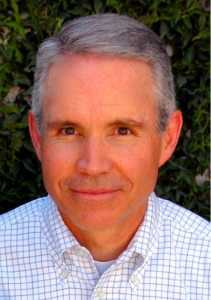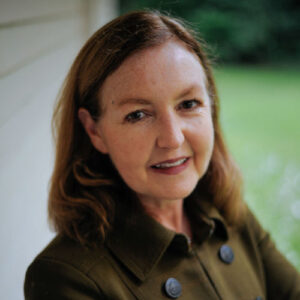Fair Reflection of Religious Affiliation and the High Court of Australia
 Jeremy Patrick is a Lecturer for the University of Southern Queensland School of Law and Justice
Jeremy Patrick is a Lecturer for the University of Southern Queensland School of Law and Justice
In recent decades, the High Court of Australia has come under a steady stream of criticism for failing to reflect the multicultural diversity within Australian society [1]. Although some progress has been made in the area of gender equality and sexual orientation [2], the High Court remains notoriously homogenous in other respects like race, education, and professional background. The situation that Eddy Neumann described in 1973 has changed, but not as much one might hope:
[The] typical High Court Justice is a male white Protestant raised in Sydney or Melbourne (or much less frequently, Brisbane) and of British ethnic origins. He is from upper middle rather than upper class background, though perhaps more than his American counterparts from lower middle class environment. He usually goes to a high status high school (usually private) and then to Sydney or Melbourne university where he has a brilliant academic record. If from a moneyed family he immediately goes to the Bar [3].


